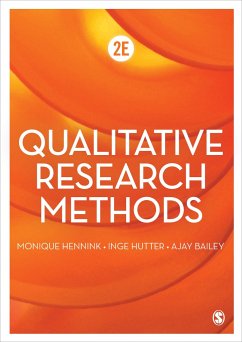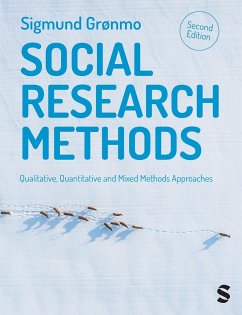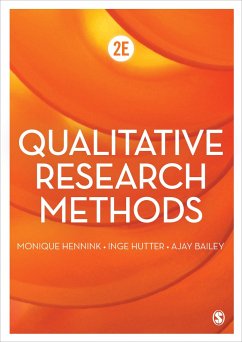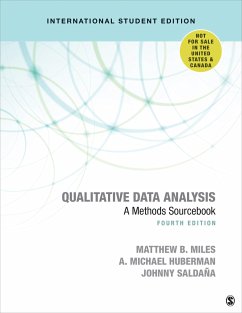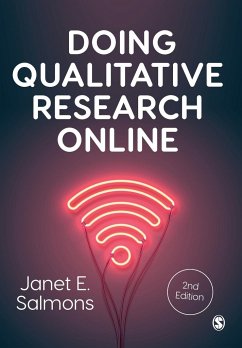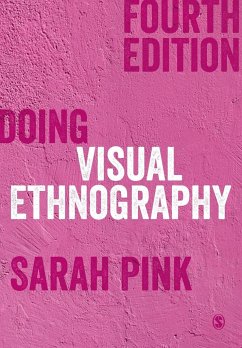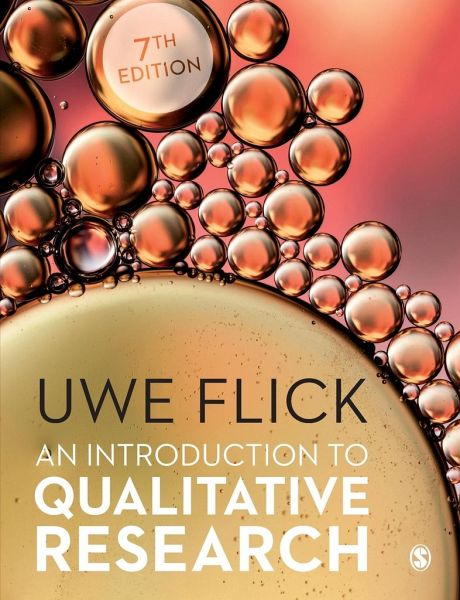
An Introduction to Qualitative Research
Versandkostenfrei!
Versandfertig in 6-10 Tagen
36,99 €
inkl. MwSt.
Weitere Ausgaben:

PAYBACK Punkte
18 °P sammeln!
Continuing to be THE guide to the whole qualitative research process for students, this book looks at both the theory behind qualitative research and how to put it into practice in your own work. For students across a range of social science disciplines and beyond, this is a must to help you enhance your research project.This edition introduces: a decolonisation of methodologies a range of indigenous, queer and feminist perspectives on methodologies assistance with defending a viva and alternative forms of assessment to suit a changing world. More additions to this seventh edition include a ...
Continuing to be THE guide to the whole qualitative research process for students, this book looks at both the theory behind qualitative research and how to put it into practice in your own work. For students across a range of social science disciplines and beyond, this is a must to help you enhance your research project.
This edition introduces:
a decolonisation of methodologies a range of indigenous, queer and feminist perspectives on methodologies assistance with defending a viva and alternative forms of assessment to suit a changing world.
More additions to this seventh edition include a section on the subjectivity of a researcher, and how your identity will shape your research. The further reading has been curated to include more than just western voices, providing you with global perspectives on qualitative research. This text introduces how to sensitively undertake ethical and inclusive research with marginalised groups.
This book will help you master a comprehensive understanding of qualitative research.
This edition introduces:
a decolonisation of methodologies a range of indigenous, queer and feminist perspectives on methodologies assistance with defending a viva and alternative forms of assessment to suit a changing world.
More additions to this seventh edition include a section on the subjectivity of a researcher, and how your identity will shape your research. The further reading has been curated to include more than just western voices, providing you with global perspectives on qualitative research. This text introduces how to sensitively undertake ethical and inclusive research with marginalised groups.
This book will help you master a comprehensive understanding of qualitative research.






